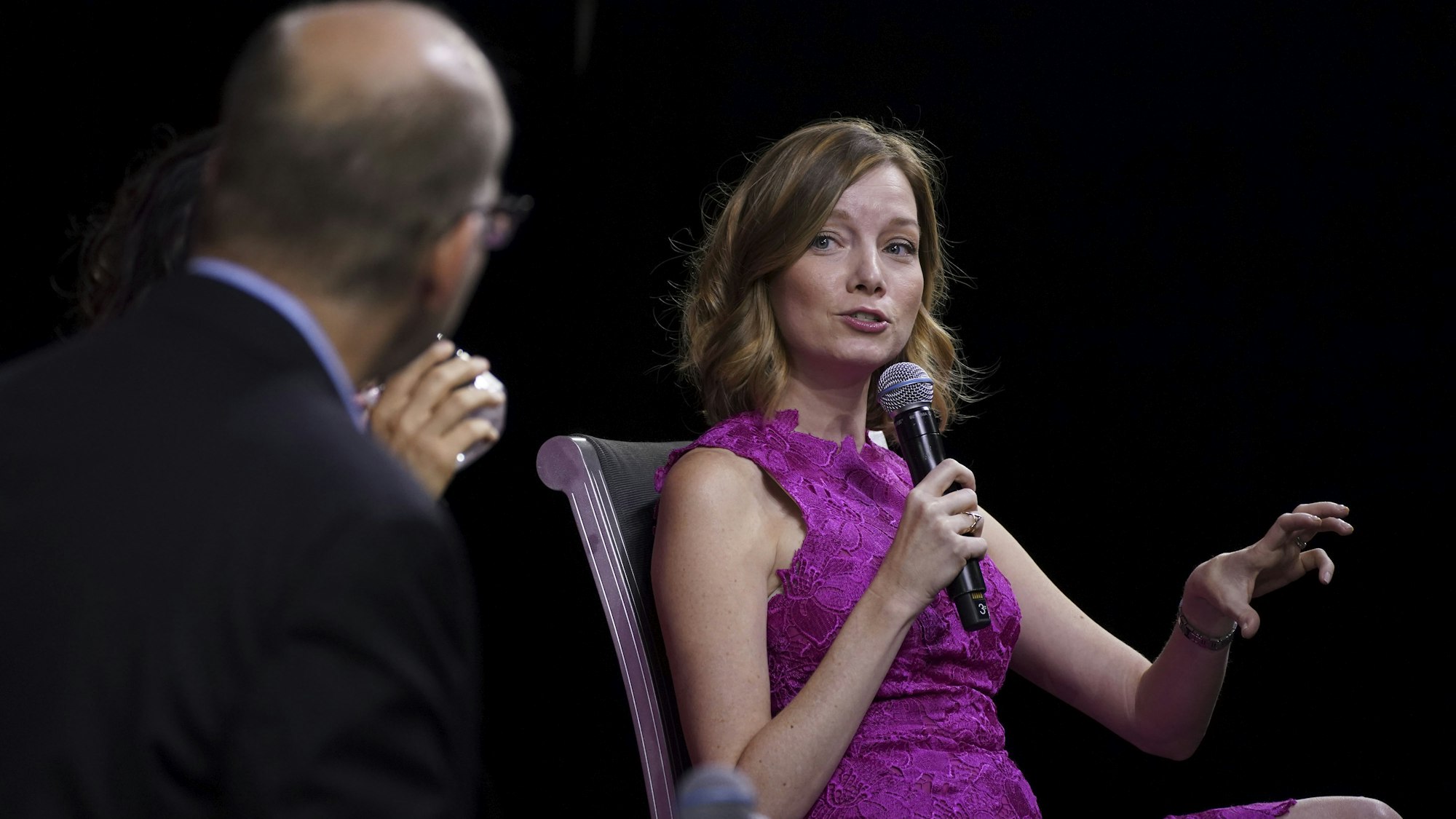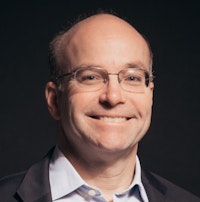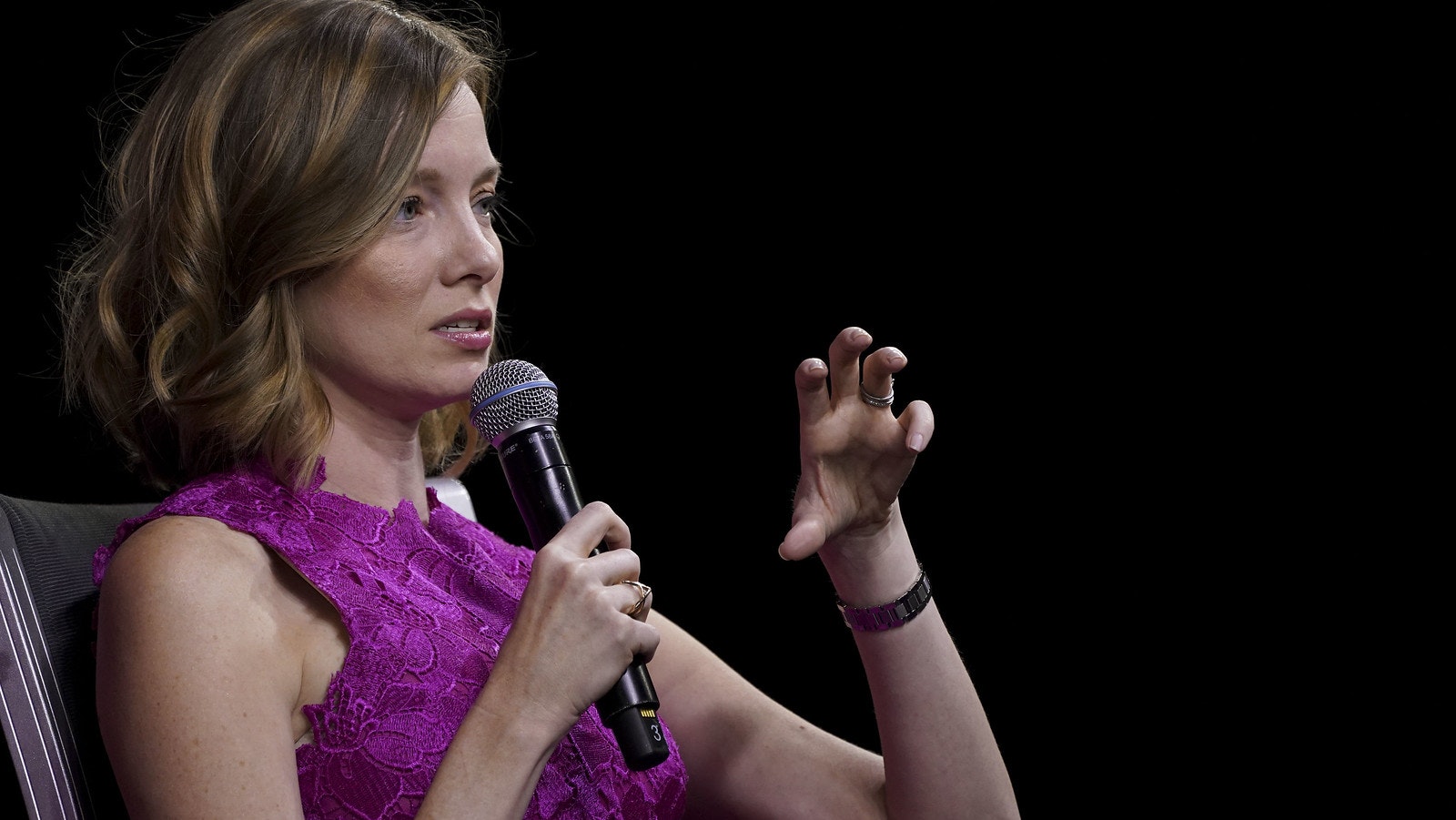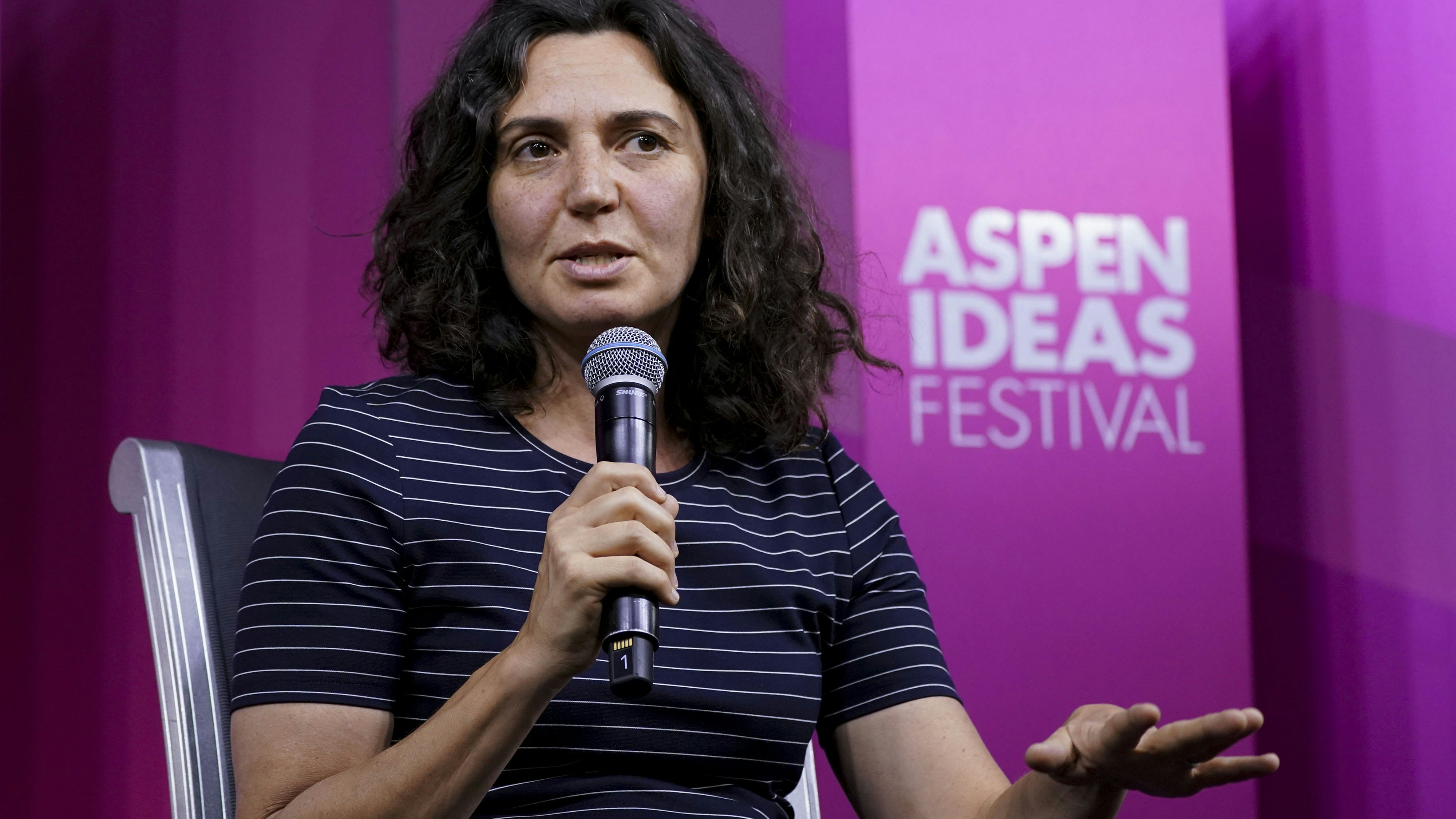
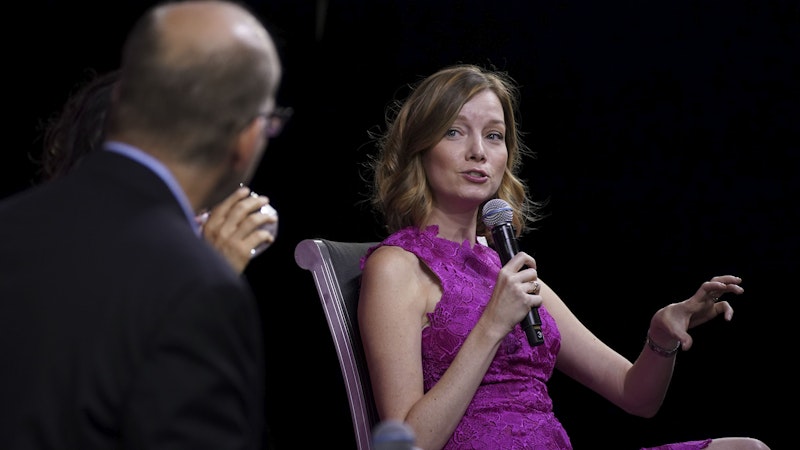
Not Your Parents' Party: How Gens X, Y, and Z Will Shake Up Our Politics
Setup
Whether it's their views on immigration, gun laws, or climate change, young people today are changing the face of politics. Are millennials and post-millennials becoming more progressive, or will they "grow into" conservative views? How might they change the Democratic 2020 primary? And how has their support for Trump changed since 2016? Kristen Soltis Anderson, Republican pollster and co-founder of Echelon Insights, debates Margie Omero, Democratic pollster and principal at GBAO. They speak with Mike Allen, co-founder and executive editor of Axios, about what today’s political leaders must learn from young people.
- 2019 Festival
- USA
- Society
- Full transcript
A breakdown of the generations
Young people start out progressive but become conservative, right?
Young American voters are leaning to the left. They tend to favor democratic candidates and are progressive on a variety of issues. It’s not surprising then, says pollster Kristen Soltis Anderson, that the commonly held perception is that “kids start off progressive but become more conservative.” In 2008, when young people helped Barack Obama garner enough votes to become president, Anderson decided to myth-bust.
Republicans should be worried.
In the last midterm election in 2018, 42 percent of millennials turned out to vote, which is a huge spike over the midterms of 2014. “[Young people] are turning out to vote in the sorts of elections they didn’t used to participate in,” says Kristen Soltis Anderson. And, starting with the election of President Obama in 2008, young voters have been breaking for the democrats, and according to Anderson, “these young voters are not likely to come back to the GOP anytime soon.”
Big IdeaSomeone who turned 18 on the eve of the presidential election in 2016, based on life expectancy, will be voting until 2076. So winning them when they’re young will pay dividends over a lifetime of votes.Kristen Soltis Anderson
Millennials want to engage with Mexico, not build a wall.
When it comes to immigration policy, the majority of millennials support a path to citizenship for people who qualify for DACA (Deferred Action for Childhood Arrivals). Additionally, 80 percent of millennials, according to GenForward, believe a pathway to citizenship should be available for law-abiding immigrants, or those who serve in the military. Kristen Soltis Anderson says this thinking is due, in part, to the greater diversity of the millennial generation. “Anytime you’re talking about generational politics, you’re inherently also talking about racial and ethnic politics because the younger generations are so much more diverse,” she says.
Younger generations are diverse
Anderson says there’s a danger in alienating Latino voters writ large. “You’re going to have an uphill battle winning young votes.” Younger generations, she says, believe we should be engaging productively with our allies, including Mexico. ”The kind of combative racial polarization that we see is just totally out of step with the ability to win over millennials and gen Z.”
Parkland forced lawmakers to listen to youth.
One issue young voters have embraced recently is gun control. Margie Omero, principal at the Democratic polling firm GBAO, says for a long time public opinion supported stronger gun laws but lawmakers were overly cautious to tackle the issue. Then, a fatal school shooting in Parkland, Florida forced them to confront gun control. Students from Stoneman Douglas High School caught the attention of the nation and members of Congress. “They hadn’t necessarily listened to young people and they hadn’t listened to where the public was on guns. Now, you see a real change,” says Omero.
Now, Omero says, gun control is showing up in the Democratic primaries and Republicans are struggling to figure out how to talk about guns. “[The gun debate] has changed dramatically even though the underlying structure — people want to see guns out of dangerous hands — has been true for a long time.”
Learn More
Additional Information
Resources
The Selfie Vote: Where Millennials Are Leading America (And How Republicans Can Keep Up)
The Pollsters podcast
Explore More
USA


For years, Yale undergraduate students have lined up to take a wildly popular course called Life Worth Living. Bucking the highly competitive tone you might expect at an Ivy L...

Global conflicts and health crises have put into stark relief deeply-ingrained gender roles in society. Yet the past years have also seen record-high numbers of women running...


The world seems to be moving and evolving faster than ever before, and democratic ideals are under threat in many countries around the globe. New York Times columnist and jour...

How is constitutional law being harnessed to address climate change? Ahead of Aspen Ideas: Climate, we caught up with Andrea Rodgers, Senior Attorney at Our Children's Trust,...


History has the power to teach us what to do in the present, but do we actually make good use of that tool? Many events in our recent past might suggest otherwise. American hi...


After millennia of human existence, we’re still figuring out and talking constantly about one of our most fundamental behaviors – sex. Despite the sexual revolution of the 60s...

Of course, Black history shouldn’t just be a month-long nod on our yearly calendar — it is inextricable from American history and fundamental to the very soul of our nation an...


Teenagers and young adults today are dealing with challenges their parents never experienced and couldn’t have prepared for. Nobody has a map and the road to resolution can be...

The unflinching humanity and morality that Martin Luther King, Jr. embodied is part of what makes his legacy so lasting. In addition to his preeminent civil rights work, he sp...

Whether you love setting New Year’s resolutions or ignore them entirely, there’s still a certain mix of nostalgia and excitement over the ending of one year and the possibilit...


Living a happy life isn’t as simple as having a smile on your face all the time. We often think that our negative emotions should be minimized and repressed, but acknowledging...


The human capacity for empathy allows us to communicate, collaborate and understand each other. But we all know empathy isn’t always easy, and we can feel worn down by the eff...


The stories we hear about migrants trying to escape difficult circumstances tend to focus on hardship, conflict, statistics and policy. We rarely get a deep look at any of the...


When Duke divinity school professor Kate Bowler wrote her best-selling memoir, “Everything Happens for a Reason (and Other Lies I’ve Loved),” she was grappling with the conseq...


For adults, the pressure to drink at social engagements, work events, restaurants or almost anywhere outside the home can feel constant. Recent research has found that “no amo...


In today’s world, we tend to switch jobs more frequently than previous generations, and are more likely to have multiple jobs. Side gigs where we express passions or find mean...


Most Americans today would agree that the dream of supporting a family and living a good life on one full time salary is not available to vast numbers of people. Wages have no...


Climate change catastrophes are already happening with increasing regularity, and it’s clear we need to take action. The Biden administration has set a target of zero carbon e...

Finding ways to ground ourselves on a planet too often in turmoil can foster the resilience we need to function at our best. By maintaining close personal ties, learning new s...

Philosophers throughout history have debated what it means to live a good life, and it remains an ongoing and unresolved question. Deep personal relationships, fulfilling work...


